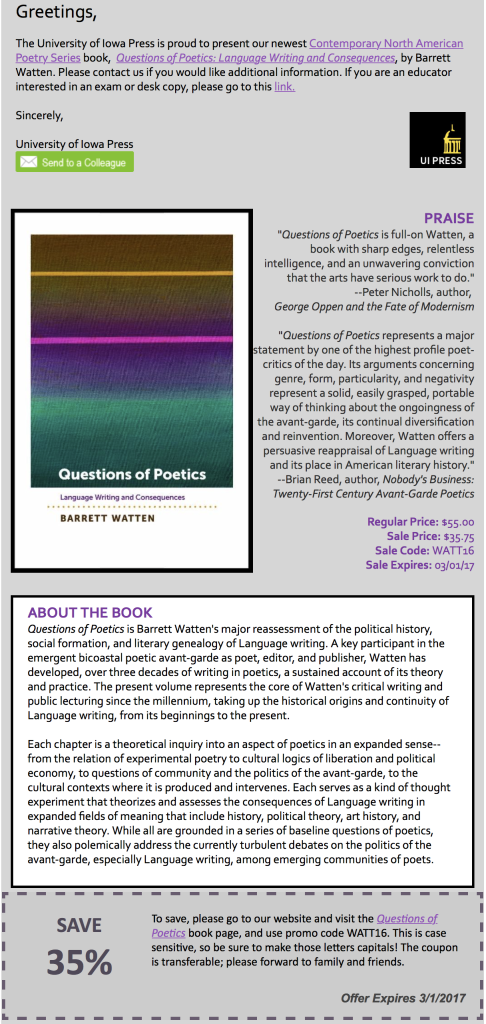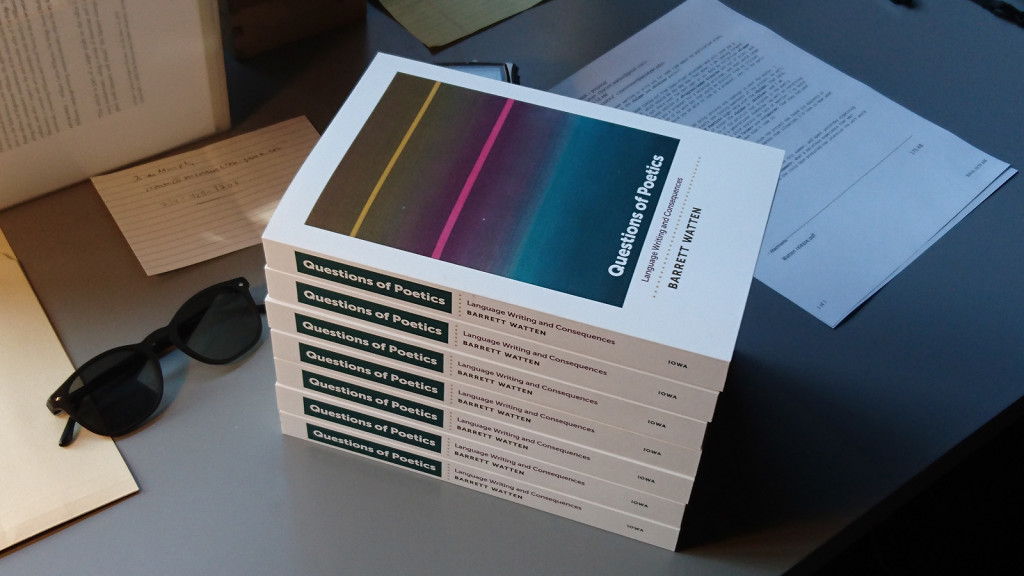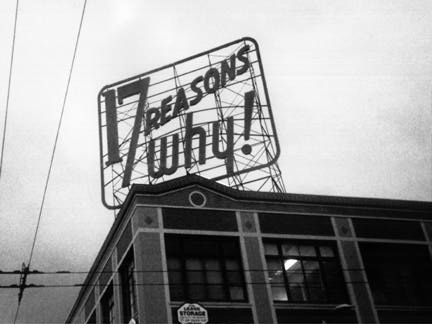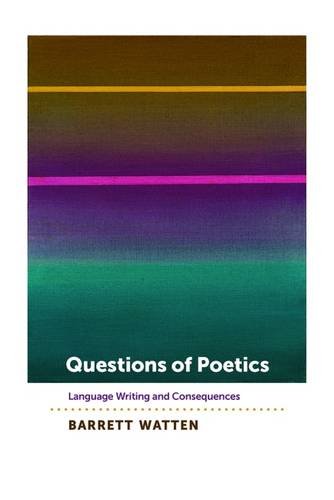Six Moments of Occupy:
Transvaluations of the Symbolic
Humanities Center Faculty Fellows Symposium
Wayne State University, 23 March 2018
[excerpt from the introduction] Occupy was, and continues to be, an event; we speak of “the event of Occupy” much as we refer to the “event of 9/11.” To begin with, the concept of “revolution” in Occupy—as distinct from other specific moments such as Tahrir Square or anti-austerity Greece—oscillates between “radical particularity” of material conditions (such that every local instance of Occupy, from Zucotti Park to to Oakland to Paris to Moscow, could be seen to have substantially different strategies and goals) and a utopian horizon that must be preserved as an abstract totality: “We are the 99%.” … More
















